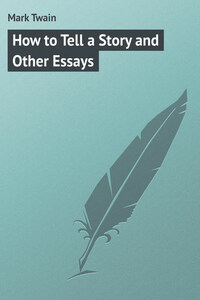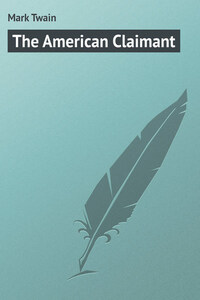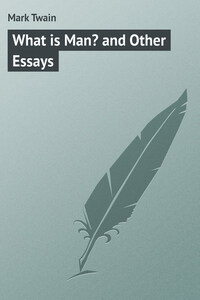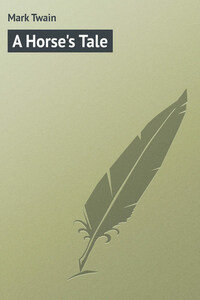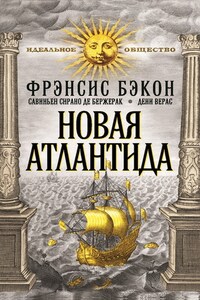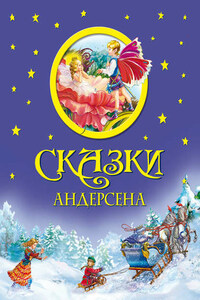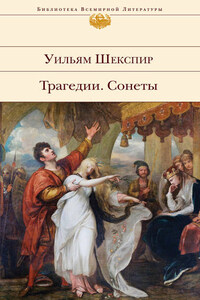I intend that this autobiography shall become a model for all future autobiographies when it is published, after my death, and I also intend that it shall be read and admired a good many centuries because of its form and method – a form and method whereby the past and the present are constantly brought face to face, resulting in contrasts which newly fire up the interest all along, like contact of flint with steel. Moreover, this autobiography of mine does not select from my life its showy episodes, but deals mainly in the common experiences which go to make up the life of the average human being, because these episodes are of a sort which he is familiar with in his own life, and in which he sees his own life reflected and set down in print. The usual, conventional autobiographer seems to particularly hunt out those occasions in his career when he came into contact with celebrated persons, whereas his contacts with the uncelebrated were just as interesting to him, and would be to his reader, and were vastly more numerous than his collisions with the famous.
Howells was here yesterday afternoon, and I told him the whole scheme of this autobiography and its apparently systemless system – only apparently systemless, for it is not really that. It is a deliberate system, and the law of the system is that I shall talk about the matter which for the moment interests me, and cast it aside and talk about something else the moment its interest for me is exhausted. It is a system which follows no charted course and is not going to follow any such course. It is a system which is a complete and purposed jumble – a course which begins nowhere, follows no specified route, and can never reach an end while I am alive, for the reason that, if I should talk to the stenographer two hours a day for a hundred years, I should still never be able to set down a tenth part of the things which have interested me in my lifetime. I told Howells that this autobiography of mine would live a couple of thousand years, without any effort, and would then take a fresh start and live the rest of the time.
He said he believed it would, and asked me if I meant to make a library of it.
I said that that was my design; but that, if I should live long enough, the set of volumes could not be contained merely in a city, it would require a State, and that there would not be any multi-billionaire alive, perhaps, at any time during its existence who would be able to buy a full set, except on the instalment plan.
Howells applauded, and was full of praises and endorsement, which was wise in him and judicious. If he had manifested a different spirit, I would have thrown him out of the window. I like criticism, but it must be my way.
Back of the Virginia Clemenses is a dim procession of ancestors stretching back to Noah’s time. According to tradition, some of them were pirates and slavers in Elizabeth’s time. But this is no discredit to them, for so were Drake and Hawkins and the others. It was a respectable trade, then, and monarchs were partners in it. In my time I have had desires to be a pirate myself. The reader – if he will look deep down in his secret heart, will find – but never mind what he will find there; I am not writing his Autobiography, but mine. Later, according to tradition, one of the procession was Ambassador to Spain in the time of James I, or of Charles I, and married there and sent down a strain of Spanish blood to warm us up. Also, according to tradition, this one or another – Geoffrey Clement, by name – helped to sentence Charles to death.
I have not examined into these traditions myself, partly because I was indolent, and partly because I was so busy polishing up this end of the line and trying to make it showy; but the other Clemenses claim that they have made the examination and that it stood the test. Therefore I have always taken for granted that I did help Charles out of his troubles, by ancestral proxy. My instincts have persuaded me, too. Whenever we have a strong and persistent and ineradicable instinct, we may be sure that it is not original with us, but inherited – inherited from away back, and hardened and perfected by the petrifying influence of time. Now I have been always and unchangingly bitter against Charles, and I am quite certain that this feeling trickled down to me through the veins of my forebears from the heart of that judge; for it is not my disposition to be bitter against people on my own personal account I am not bitter against Jeffreys. I ought to be, but I am not. It indicates that my ancestors of James II’s time were indifferent to him; I do not know why; I never could make it out; but that is what it indicates. And I have always felt friendly toward Satan. Of course that is ancestral; it must be in the blood, for I could not have originated it.
… And so, by the testimony of instinct, backed by the assertions of Clemenses who said they had examined the records, I have always been obliged to believe that Geoffrey Clement the martyr-maker was an ancestor of mine, and to regard him with favor, and in fact pride. This has not had a good effect upon me, for it has made me vain, and that is a fault. It has made me set myself above people who were less fortunate in their ancestry than I, and has moved me to take them down a peg, upon occasion, and say things to them which hurt them before company.
A case of the kind happened in Berlin several years ago. William Walter Phelps was our Minister at the Emperor’s Court, then, and one evening he had me to dinner to meet Count S., a cabinet minister. This nobleman was of long and illustrious descent. Of course I wanted to let out the fact that I had some ancestors, too; but I did not want to pull them out of their graves by the ears, and I never could seem to get the chance to work them in in a way that would look sufficiently casual. I suppose Phelps was in the same difficulty. In fact he looked distraught, now and then – just as a person looks who wants to uncover an ancestor purely by accident, and cannot think of a way that will seem accidental enough. But at last, after dinner, he made a try. He took us about his drawing-room, showing us the pictures, and finally stopped before a rude and ancient engraving. It was a picture of the court that tried Charles I. There was a pyramid of judges in Puritan slouch hats, and below them three bare-headed secretaries seated at a table. Mr. Phelps put his finger upon one of the three, and said with exulting indifference—

